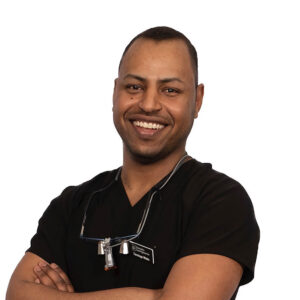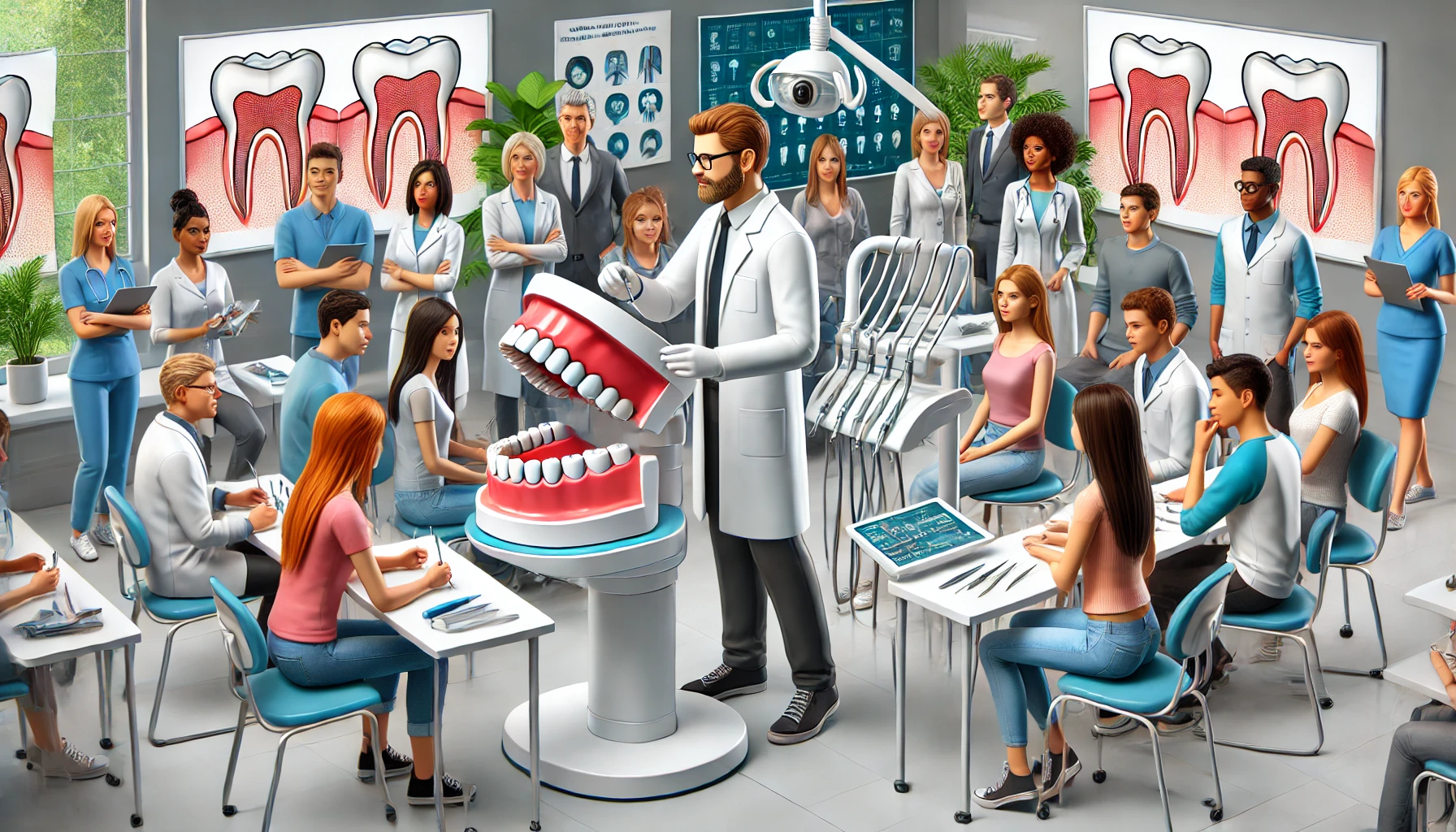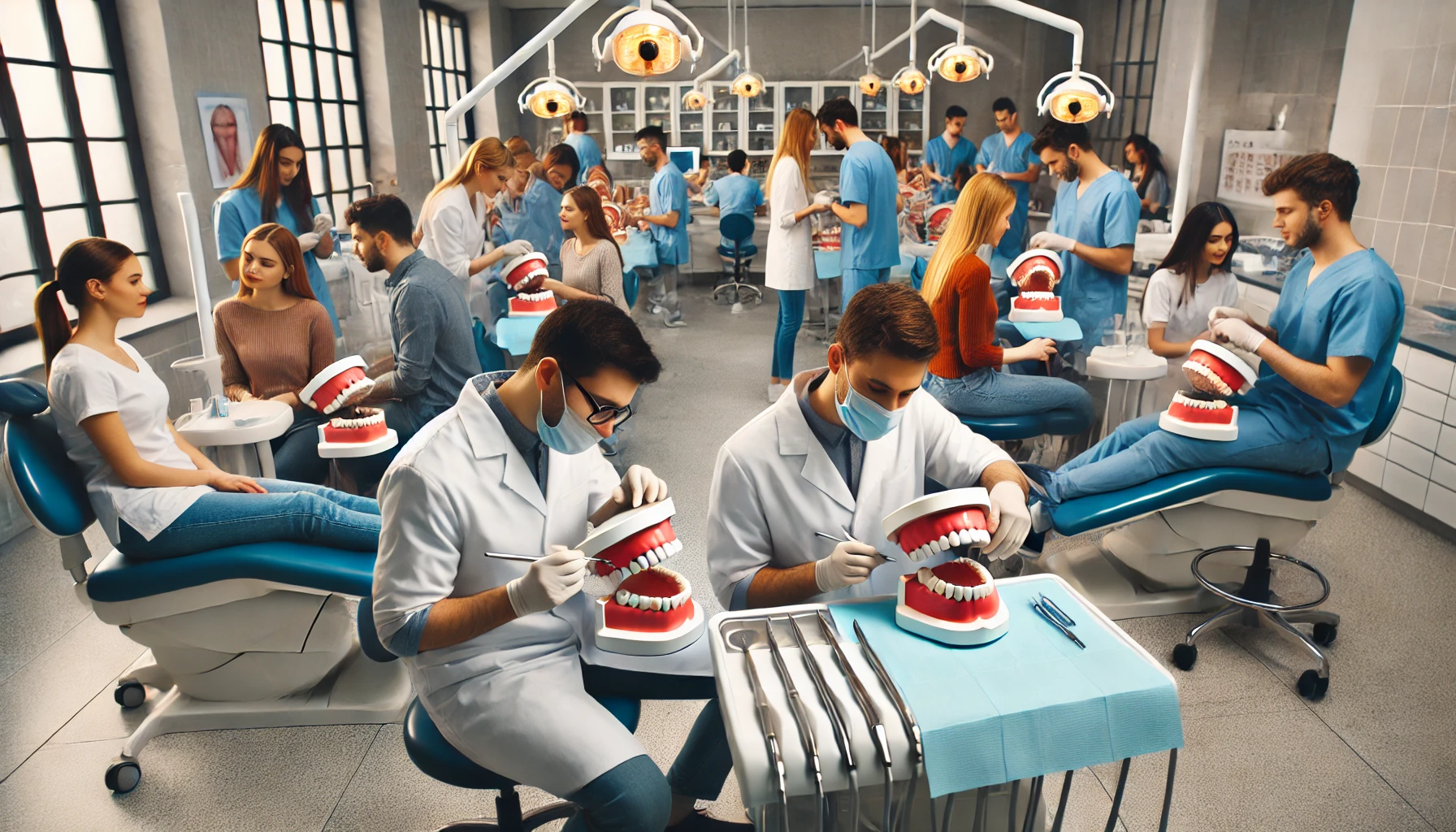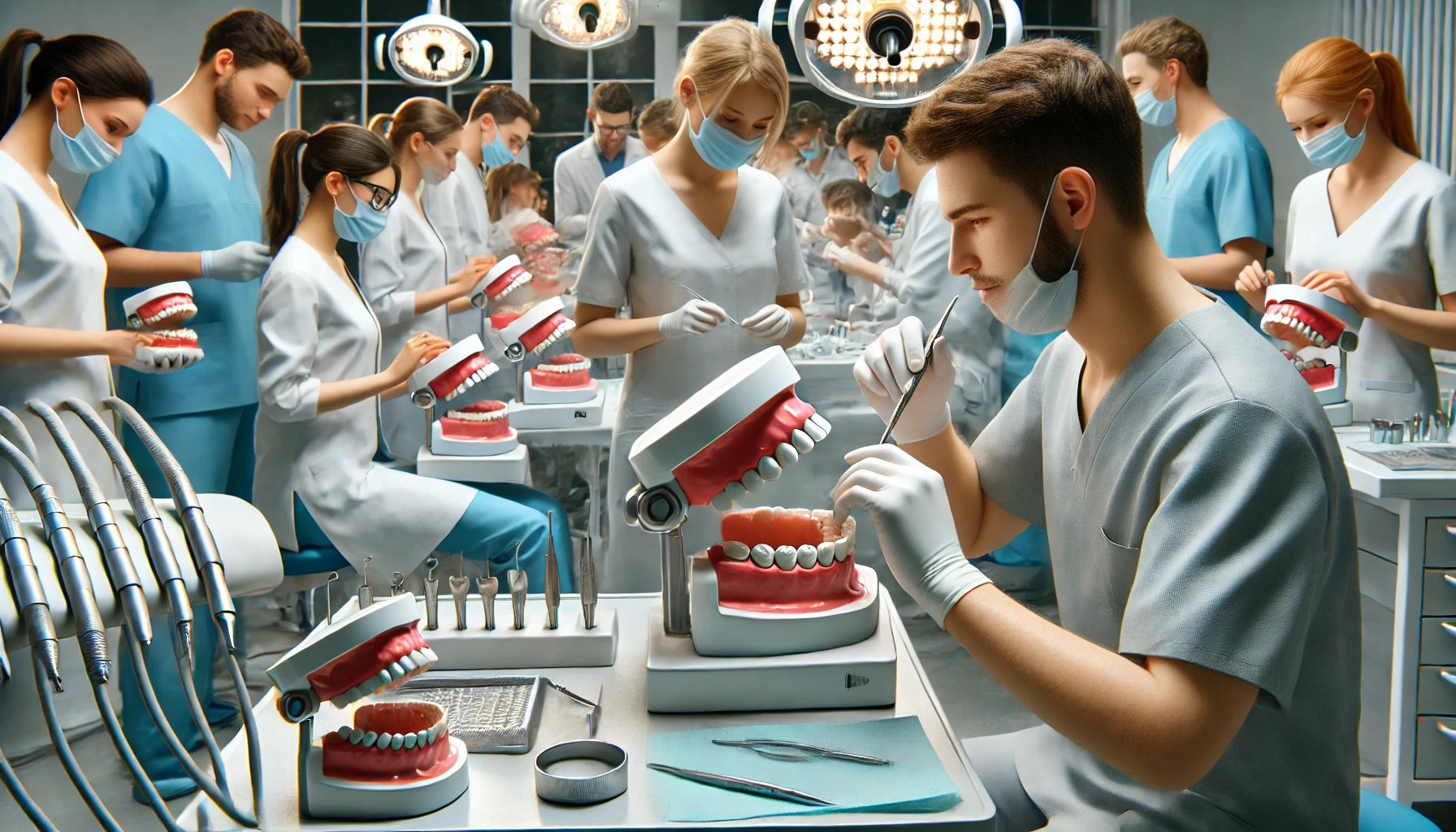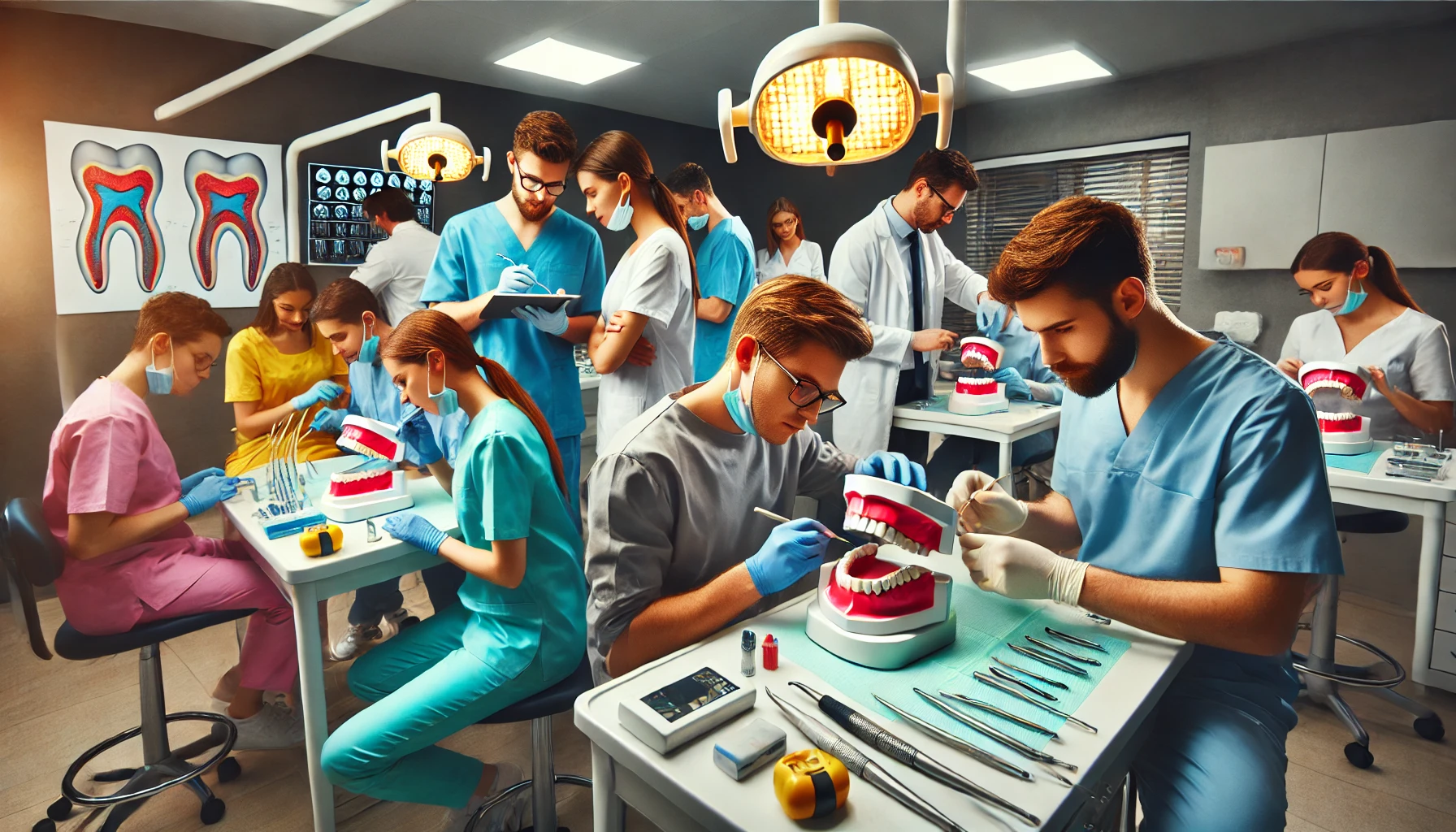Oral health education opens doors to a variety of career paths in the dental field, from becoming a dentist to working in dental hygiene, public health, or education.
This article will explore the diverse career opportunities available through oral health education, why it’s a growing field, and how you can take advantage of these opportunities to build a successful and rewarding career.
Why oral health education is the key to a successful career in dentistry
Oral health education is crucial for a thriving career in dentistry as it provides the foundational knowledge and practical skills necessary to deliver high-quality care.
By understanding the intricate relationship between oral health and overall well-being, professionals can educate patients on preventive care, reducing long-term healthcare costs and enhancing patient trust.
With advancements in dental technology and techniques, continuous education ensures that practitioners stay abreast of the latest developments, thereby improving service delivery.
Furthermore, oral health education equips professionals with communication and leadership skills that are essential in managing practices effectively and working collaboratively in diverse healthcare teams.
As public awareness about oral health’s impact on systemic health grows, the demand for qualified dental professionals rises, creating more job opportunities. Consequently, investing in oral health education not only opens doors to numerous career paths within dentistry but also fosters a fulfilling and impactful professional journey.
How a Dental Program Prepares You for a Career in Oral Care
A comprehensive dental program offers a well-rounded education that prepares future dental professionals to address the diverse needs of patients and the evolving landscape of dentistry.
Courses in anatomy, physiology, biochemistry, and microbiology provide a comprehensive understanding of oral health’s scientific foundations.
Students also learn about various dental diseases, their diagnoses, treatment options, and prevention strategies through courses in oral pathology and pharmacology.
Additionally, classes dedicated to dental materials teach students how to select appropriate materials for specific procedures while considering patient factors such as age and medical conditions.
Moreover, hands-on clinical training equips students with practical skills in different areas of dentistry, including restorative procedures, periodontics, orthodontics, and oral surgery. Furthermore, dental programs include coursework in patient management, communication, and ethics to prepare students for the interpersonal aspects of a career in dentistry.
The Best Treatments and Techniques You Will Learn in Oral Health Education
Oral health education provides a comprehensive understanding of the best treatments and techniques for maintaining optimal oral health.
Courses in preventive dentistry equip students with the knowledge and skills to educate patients on proper oral hygiene practices, such as brushing, flossing, and nutrition.
Students also learn about different restorative procedures like fillings, crowns, bridges, and dentures to address various dental issues.
Orthodontics courses teach students how to correct misaligned teeth and jaws using braces or aligners effectively. Periodontics classes focus on preventing, diagnosing, and treating gum diseases. And endodontics courses cover root canals and other procedures related to the inner structures of teeth.
Here’s how oral health education can unlock career opportunities for you:
- Variety of career options: Whether you want to become a dentist, dental hygienist, or oral health educator, oral health education provides a foundation for diverse roles.
- High demand for professionals: With the growing awareness of dental health, there is an increasing demand for skilled professionals in our clinics and public health settings.
- Opportunities to specialize: Oral health education allows you to specialize in areas such as pediatric dentistry, orthodontics, or dental surgery.
- Public health impact: As an oral health professional, you can play a vital role in improving community health and preventing diseases.
- Work in a variety of settings: From private clinics to public health institutions and academic environments, oral health professionals have the flexibility to work in different sectors.
Summary
Oral health education is not only about learning how to care for teeth and gums; it’s about unlocking a range of career opportunities in a high-demand field.
From becoming a dentist to working in public health, there are numerous ways you can contribute to better oral health. With the growing importance of dental care, oral health professionals are more needed than ever, making it a rewarding and secure career path.
Frequently Asked Questions
What career opportunities are available through oral health education?
Through oral health education, we have careers such as dentists, dental hygienists, orthodontists, and oral health educators.
Why is there a growing demand for oral health professionals?
As public awareness of dental health grows, more people seek preventive care and emergency services, increasing the demand for skilled professionals.
How can I get started in oral health education?
You can begin by enrolling in accredited dental programs or schools in oslo or other cities, offering training in oral health.
Can I specialize after completing oral health education?
Yes, many professionals choose to specialize in fields such as pediatric dentistry, orthodontics, or periodontics after obtaining their education.
What role do oral health professionals play in public health?
Oral health professionals contribute to community health by preventing dental diseases, educating patients, and offering care to underserved populations.
What are the benefits of becoming a dentist?
Becoming a dentist offers a fulfilling career with the opportunity to impact patients’ lives, provide preventive care, and maintain our community’s oral health.
Are there opportunities to work internationally with oral health education?
Yes, oral health education can lead to career opportunities globally, as oral health professionals are needed in every country.
How long does it take to complete oral health education?
It depends on the career path you choose. Becoming a dentist can take 4-8 years, while dental hygiene programs are typically shorter.
Can I work in a clinic after completing oral health education?
Yes, many oral health professionals work in the clinic setting, providing care directly to patients in private practices or public health facilities.
What qualifications do I need to start a career in oral health?
You will need a degree in dentistry or dental hygiene from an accredited institution, along with certification and licensing, depending on your career choice.

